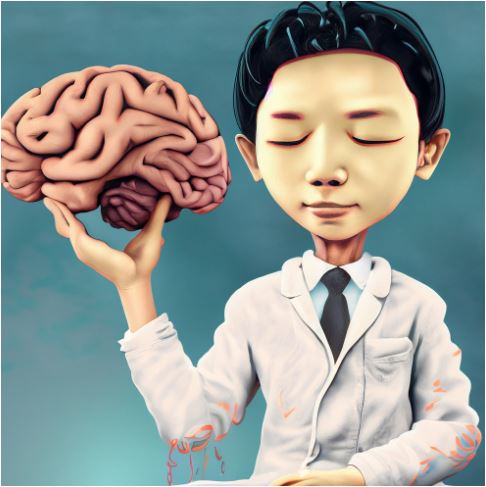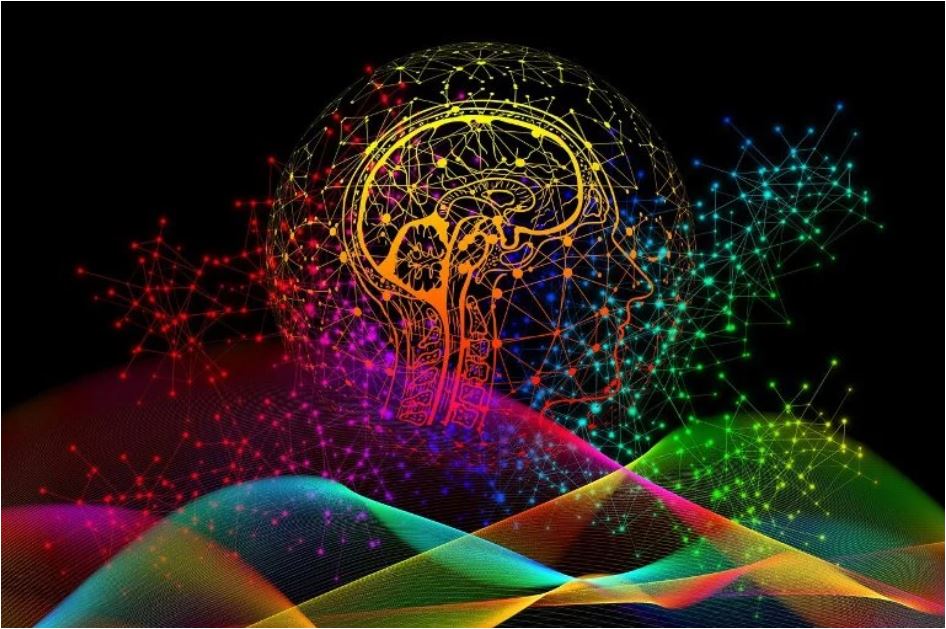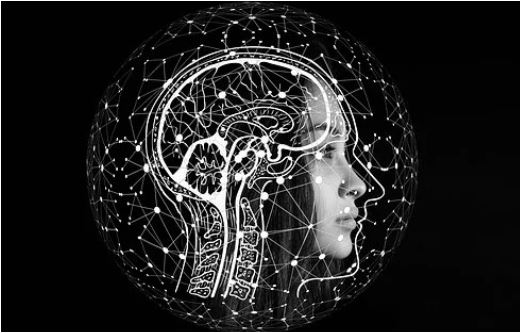ADHD or Bad Parenting: How to Respond to Misinformed Relatives
Navigating the complexities of ADHD, often confused with bad parenting, is fraught with misunderstandings and negative comments from relatives. If you’re wrestling with how to respond to unwelcome advice or claims of inadequate parenting, you’re not alone.









